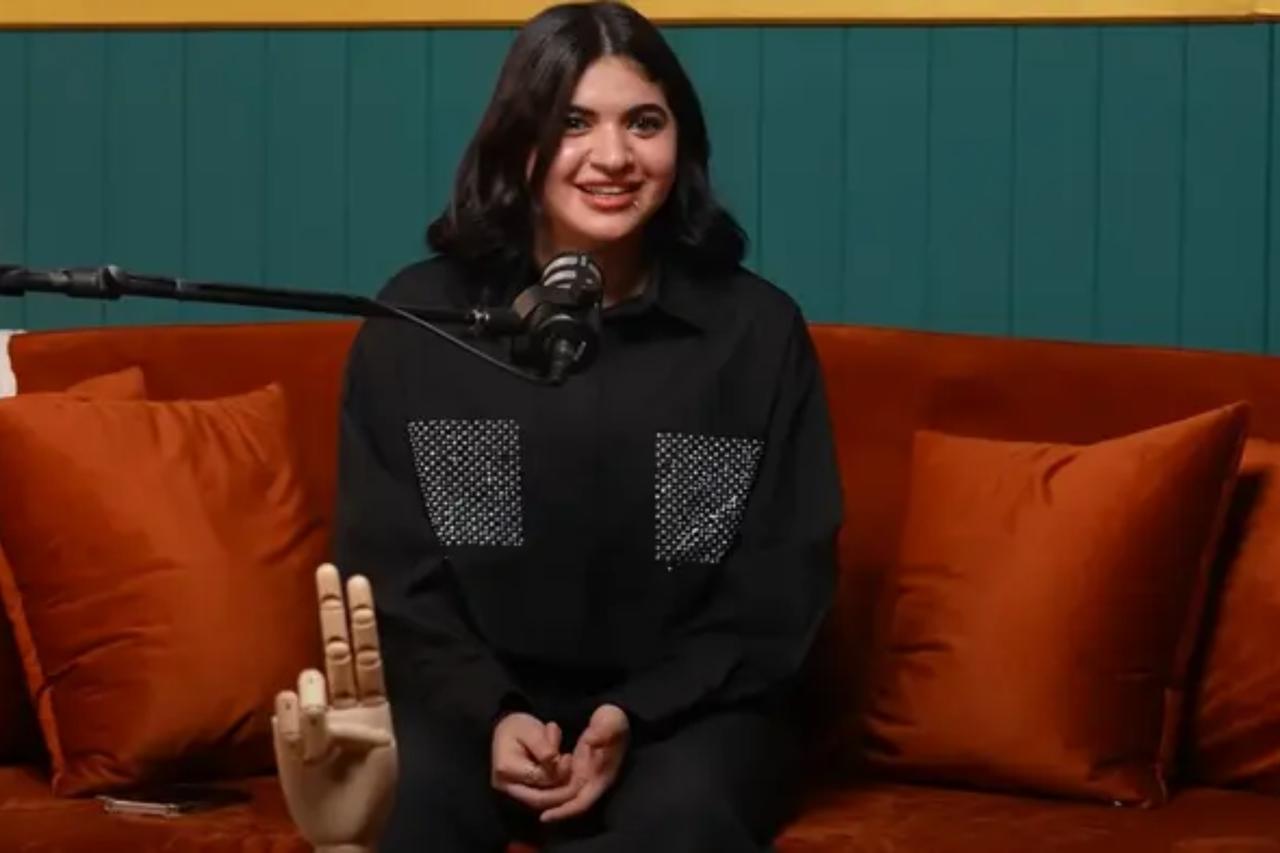
One of Egypt’s most deep-rooted problems is the state’s pervasive intervention in nearly every aspect of life. If the Egyptian state could decide what every citizen should eat for breakfast, it would put that in its national plan and form committees to monitor the matter.
This issue is unrelated to whether the political system is authoritarian or democratic, or whether the state’s economic orientation is liberal or socialist. It lies in how a 7,000-year-old state perceives itself and its role in society versus how society perceives itself and the limits of state interference in its affairs.
In this space, the state often encroaches upon public and personal rights, and even extends its reach into private property, something that contradicts the Egyptian Constitution of 2014 (amended in 2019), which guarantees protection for private ownership and personal freedoms.
In recent months, Egypt’s security apparatus has launched a broad campaign of arrests targeting TikTok celebrities who have achieved hundreds of millions of views. These influencers were presented in official Ministry of Interior photos as criminals awaiting justice for “violating Egyptian family values.”
It’s a vague charge that reflects the state’s desire to control social culture in a country where youth make up 65% of the population.
The trial of TikTok star Suzy the Jordanian, which took place Tuesday, marked a turning point in public sentiment.
The prosecutor stated that the 19-year-old girl had “neglected her studies and sought to gain false fame and financial profit,” and he demanded a harsh punishment because Suzy influenced millions of young Egyptians.
This blend of authoritarianism, superficial religiosity, and lack of future vision represents the greatest weakness of General Abdel Fattah el-Sisi’s regime.
It is a formula incompatible with Gen Z, a generation that dreams of greater freedoms under an oppressive state. This contradiction will likely ensure that social stability in Egypt continues to rest on fragile glass.
However, in Egypt, there are two notable cases where society has managed to organize and express itself freely, away from the state’s constant urge to interfere in the shaping of social life and moral behavior.
The freedoms in these two places did not emerge through confrontation or revolution against the state, but rather through a mix of local community strength, individual initiatives, business, and tourism.
The first example is El Gouna, a resort that began as a tourism project by businessman Samih Sawiris in 1990. Built on a cluster of islands on the Red Sea about 30 minutes from Hurghada Airport, El Gouna gradually evolved into a distinctly European-style Egyptian enclave, blessed with mild winters and warm summers.
This free and open environment gave birth to the El Gouna Film Festival, which launched in 2017 and has since drawn major international and Egyptian cinema stars.
It also fostered a peaceful social atmosphere that made millions dream of living there despite the high cost of daily life.
The second example is the Dahab Nature Reserve, located about 100 kilometers (62.14 miles) from the world-renowned city of Sharm el-Sheikh. Dahab was once a simple Bedouin village of herders and fishermen. But after the full return of Sinai to Egypt following the Camp David Accords, the area began attracting residents from other Egyptian governorates as well as various foreign nationals. Its population has since grown to about 15,000 people.
This global-minded community, open to international tourism, has become a hub for underground global music festivals rarely covered by local or international media, such as Chill Oposite.
The town’s cultural norms now prioritize personal freedom, environmental protection, and sports initiatives.
The Egyptian state deals with these cities based on a simple principle: granting limited freedoms as long as they fulfill economic goals, mainly through tourism, by allowing a bit of breathing space for financially capable Egyptians and foreign visitors alike.
DISCLAIMER: The views and opinions expressed in this article are those of the author and may not necessarily reflect the editorial policy of Türkiye Today.